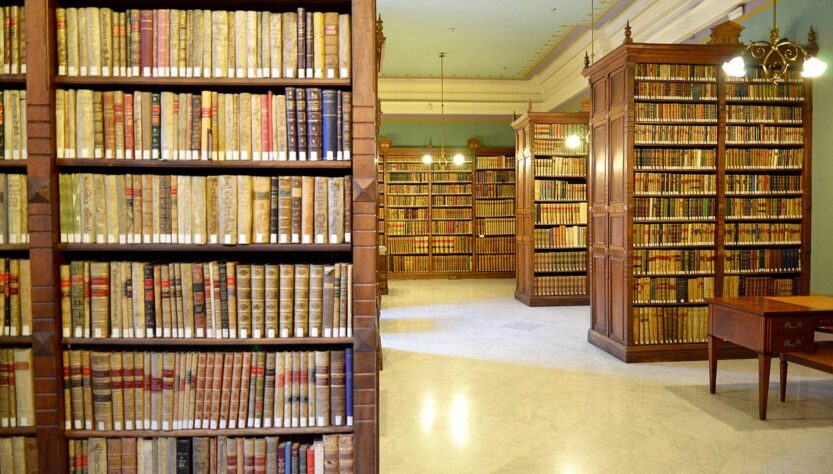The controversy concerns study programs such as « social sustainability », « gender, sexuality and diversity », « sustainability and culture » or « intercultural relations ». These are all topics mentioned first by government member Peter C. Frølich of the right-wing party on July 5, 2025. In this Facebook post, he asserts that these courses are irrelevant because they do not contribute in any concrete way to training a workforce capable of putting its skills to good use in the functioning, and above all the economy, of Norwegian society. Considered useless and far too costly in terms of public money, certain social science studies are now being devalued and stripped of their practical significance, which I would nevertheless like to highlight here.
As someone who is studying humanities and is passionate about the subject, I cannot guarantee my objectivity, but every participant in this debate reminds us often enough not to forget: this is about political bias on the question of where state money should be prioritized.
Hard sciences versus social sciences
Science is generally divided into two categories: natural sciences and human sciences. While the former are hard sciences, applying mathematical and experimental methods to natural elements, the latter are considered “soft” sciences, based on observation and description, with humans and human behavior as their object of study. It is therefore important not to view science as a single entity, since it is in fact plural. The issue with this traditional categorization lies in the implied opposition between the two scientific fields. Indeed, the hard sciences have long been considered superior and more useful to society, a belief that persists today, as evidenced by the existence of such a debate. However, in order to break away from this counterproductive power struggle, I believe that the natural sciences and the humanities must be reconciled so that we can think together about their essential contribution to the construction and understanding of society.
Reconcile the natural sciences and the humanities
While the hard sciences serve to analyze, decipher, and understand the natural and physical environment around us, the social sciences serve to analyze, decipher, and understand the people who create this knowledge, surround, or govern us. By examining social dynamics, which are often insidious and imperceptible, the social sciences aim to produce the most documented and accurate knowledge possible of the social world. For me, this purpose is just as important as studying the stars or creating the computer tools of tomorrow. So yes, as journalist Oda Oline Modal points out in the newspaper Faedrelandsvennen, Norway, like many other countries, lacks nurses, teachers, and engineers, but what lies at the heart of all work is the human being, a fact often forgotten in the profit-driven dynamics of capitalism. And this is where the social sciences come in: to reveal relationships of social domination and give people the critical tools to think about society. The social sciences must be critical and reflexive, and, in this sense, can present a counter-model necessary for the improvement of our societies, in terms of equality, diversity, and freedom, for example.
Adapting teaching in humanities faculties
However, I understand some of the criticism regarding the waste of public money on these overly abstract fields of study, which few students choose to pursue. I believe that the fields mentioned at the beginning of this article should be adapted to be more relevant to the world of work in order to give them meaning. It is a good thing to provide critical knowledge about gender relations, but this must have a practical application in society and enable young people to find work in the future. In the case of “social sustainability,” it is not even clear what the course title refers to. This does not call into question the importance or usefulness of what is taught, but simply the way in which it is taught, which does not allow students to envision themselves in a profession or position within a company. Rather than removing courses and erasing topics such as diversity and respect for cultural differences from our study programs, I would prefer to see them reconfigured in line with the concrete issues of today’s world.
